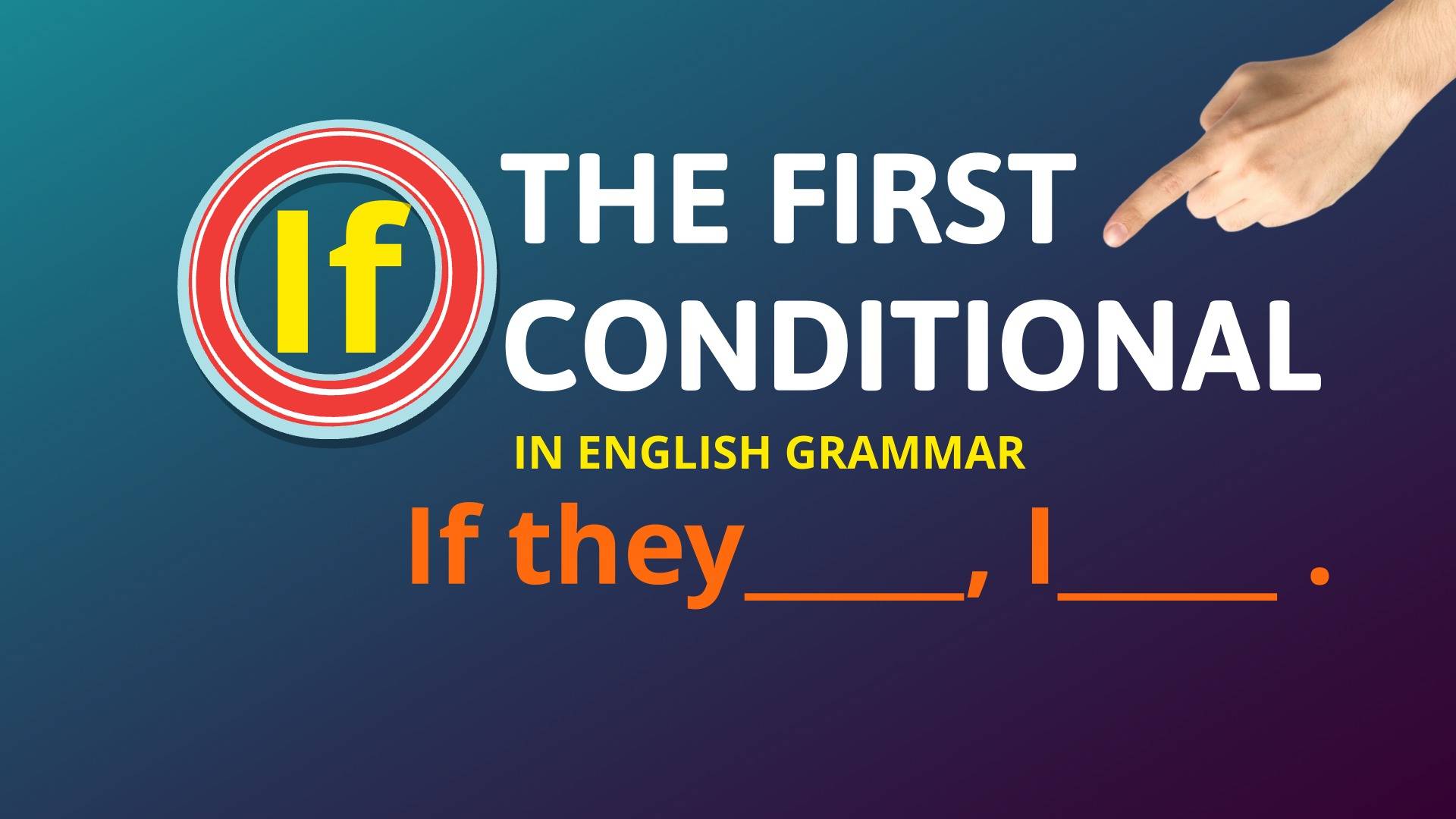In the previous post/video, we discussed ‘The Zero Conditional’. If you haven’t read/watched it yet, please watch it here.
If I win a lottery, I will go to Malaysia on a holiday.
If she asks him, he will help her.
These sentences mean that when a condition exists, there is a possibility for something to happen.
If I win a lottery, there is a good chance that I will go to Malaysia.
If she asks him, there is a good chance that he will help her.
Such sentences with ‘if’ are called ‘Probable’ or ‘Possible’ Conditionals. It means, if the given condition is fulfilled, the result might happen. They are also called ‘The First Conditional’ sentences.
Now, let’s look at how we form ‘The First Conditional’.
If clause , Main Clause
Present Tense will, other modal verbs, imperative
If you work hard, you will get a promotion. (future)
If you don’t study well, you will fail the exam.
If it rains, we will stay at home.
If you finish your work, you can leave. (modal verb)
If you need any help, ask me. (imperative)
We can use the main clause first and then the ‘if’ clause. When we use Main clause first, we should not use a comma.
You will get a promotion if you work hard.
You will fail the exam if you don’t study well.
We will stay at home if it rains.
You can leave if you finish your work.
Ask me if you need any help.
Remember, we should not use ‘will’ in if clause.
Shall we try an exercise? Put these pairs of sentences together using The first conditional.
- Paint the house. It will look better.
If you paint the house, it will look better.
2. Perhaps they will offer me a job. Then I will accept it.
If they offer me a job, I will accept it.
3. It may rain. Then my father won’t let me play in the garden.
If it rains, my father won’t let me play in the garden.
Your turn…
- Turn off the stove. You might burn the food.
Your answer: __________________________________________________
I hope you have understood how to use the ‘First Conditional’. Happy learning,
